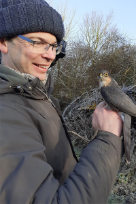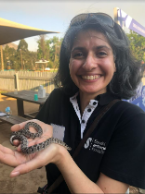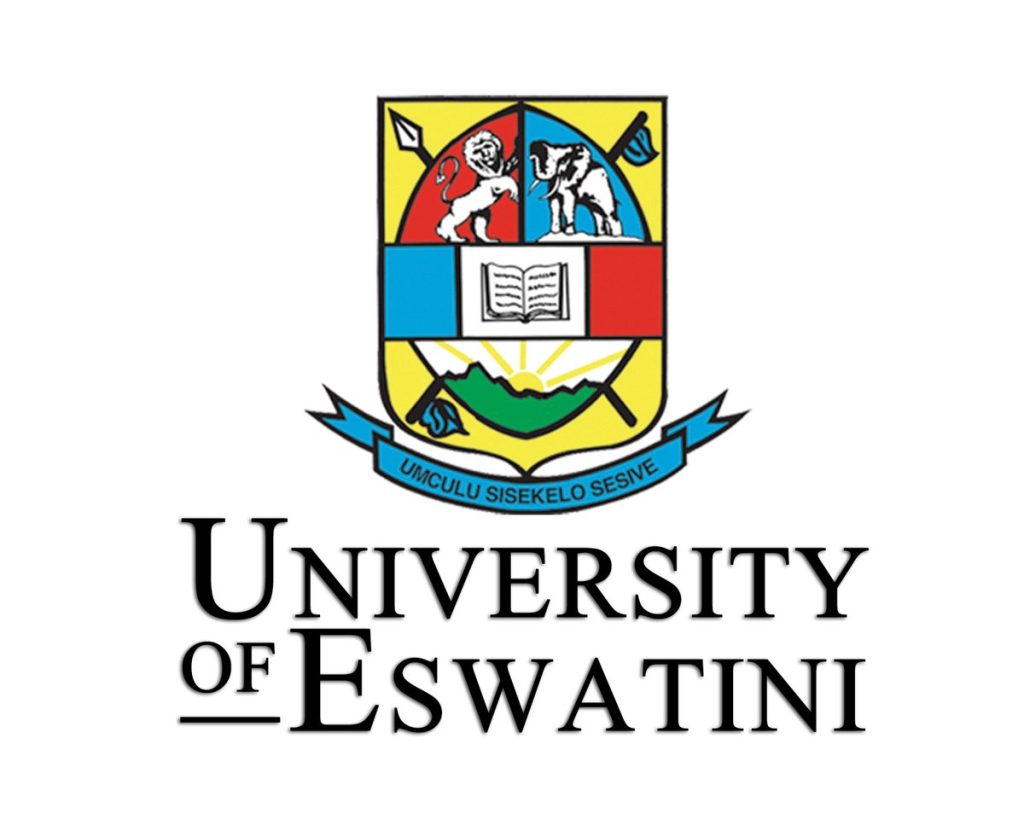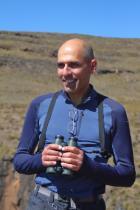-800x400.png)
Challenges and Opportunities for Biodiversity Conservation:
This event has now finished.
Faculty of Science Conference Rm, Ctr for Climate Change & Sustainability Research, Uni of Eswatini
Event details
Please note timings: 12 - 1 pm (GMT), 2 - 3 pm (SAST)
Join our YESI - C3SR Joint Seminar Series: Global Perspectives on Climate Change and Sustainability.
York Environmental Sustainability Institute (YESI), at the University of York, together with the Centre for Climate Change and Sustainability Research, at the University of Eswatini (UNESWA), are strengthening their institutional ties through a brand-new seminar series! The series is designed to spark dynamic discussions and explore opportunities for collaborative research across a range of environmental sustainability challenges. This series offers a unique opportunity to discover cutting-edge research underway at both institutions, exchange ideas, and lay the groundwork for exciting future collaborative research projects.
Don’t miss this chance to deepen your understanding of the innovative research happening at both York and UNESWA, and explore new possibilities for collaboration!
Session 1 - Challenges and Opportunities for Biodiversity Conservation from an Ecosystem Services Perspective
Join a panel of experts from the University of Eswatini and the University of York as they discuss the challenges and opportunities for biodiversity conservation through the lens of ecosystem services. Panelists include Dr Meshack Dludlu, Dr. Sara Padidar and Prof. Ara Monadjem from UNESWA, alongside Prof. Colin Beale from the University of York. Chaired by Dr Wisdom Mdumiseni D. Dlamini, the panel will explore the complexities of conserving biodiversity in diverse social and cultural contexts, where nature's contributions to people are significant but often non-monetary. From the "if it pays, it stays" philosophy to indigenous connections with nature, our experts will engage in lively discussion and be open to questions from the audience, both in-person and online.
Guest Panel
Chair - Dr. Wisdom Mdumiseni Dabulizwe Dlamini, Senior Lecturer and Coordinator of the Centre for Climate Change and Sustainability Research, University of Eswatini,

Dr. Wisdom Mdumiseni Dabulizwe Dlamini is a seasoned environmental scientist and computational geographer with over 20 years of experience in climate change, spatial data science, environmental modelling, and human-environment interactions. His previous leadership roles include Director of Nature Conservation and National Parks in Eswatini and International Coordinator for the Lubombo Transfrontier Conservation Area. His research covers climate change science, natural hazards, ecological modelling, and AI applications, and he has worked with organizations like UNEP, UNICEF, and the World Bank. He serves in several professional bodies, including as Vice-President of the Eswatini Academy of Sciences, and has published extensively on climate and environmental science.

Colin Beale is professor of ecology at the University of York. His research spans the roles of fire in savannah ecosystems and rangeland restoration in East Africa to conservation topics from African Vultures to conservation prioritisation and planning.
-135x133.png)
Dr Meshack Dludlu is a Senior Lecturer in the Department of Biological Sciences at the University of Eswatini. His research focuses on plant conservation, ecology, and the sustainable use of biodiversity. Meshack’s recent works include bioactive compounds from indigenous plants, molecular phylogenetics, and plant responses to environmental variability in southern Africa. His research also emphasizes the integration of indigenous and scientific knowledge for improved conservation outcomes. In addition to his research, Dr. Dludlu teaches courses in introductory botany, landscape ecology, systematics, and applied ecology. He also supervises undergraduate and postgraduate research projects, fostering the next generation of scientists.
Ara Monadjem is professor in the Department of Biological Sciences, University of Eswatini, where he has been based since 1993. His research includes the biogeography, taxonomy, ecology and conservation of Africa mammals and to a lesser extent ecology of African birds. He has published 8 books and over 220 peer-reviewed papers. His research has taken him around the continent, on numerous expeditions and field trips to West, Central, East and Southern Africa. He is particularly keen in mentoring young African ecologists and taxonomists.

Sara Padidar is a public health professional and a lecturer in molecular biology at the University of Eswatini. The versatility of 'omic technologies has meant she has had the privilege of working on diverse projects such as removing market barriers to link end users to molecular tools to understanding the role of diet on toxins of wild animals. Since returning to academia in 2019, Sara has established Eswatini's first national wildlife laboratory which carries out molecular taxonomic identification for researchers and wildlife forensics. She has focused her research in One Health to better understand the ecological determinants of human-snake encounters including the effects of climate change.
Partners



